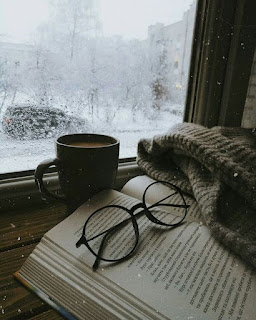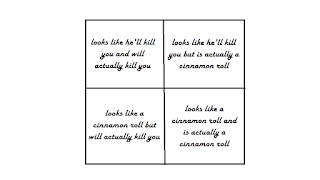Music or no music? Some writers require total silence to work their creative magic. Others, like me, are bopping to NF at their desks while they scribble or type away. For those of you out there who are music lovers, here are five songs I love for writing!
Come Alive The Greatest Showman (Benj Pasek and Justin Paul)
Featured Lyric: "When the world becomes a fantasy / And you're more than you could ever be / 'Cause you're dreaming with your eyes wide open."
I love this song because it's all about the amazing effects imagination can have on people. Honestly, the whole Greatest Showman soundtrack has this vibe.
To the Dreamers for KING & COUNTRY
Featured Lyric: "To the soulful / Heart open hopeful / Keep on charging ahead."
This song is so encouraging to people who feel like they always have their head in the clouds--a fight song for creatives of all kinds.
New Wine Hillsong Worship
Featured Lyric: "Make me Your vessel / Make me an offering / Make me whatever You want me to be."
This lyric is one of my prayers over my writing life, that God would use me for His purposes. I hope other Christian writers can take encouragement and inspiration from this song, too.
Born For This The Score
Featured Lyric: "Feeling the rhythm inside of my chest / All I need is just a pen / I know I was born for this."
This song is a battle anthem for writers that will rev you up and make you want to write more than you ever have before. I love this song for getting fired up to write.
Non-Stop Hamilton (Lin-Manuel Miranda)
Featured Lyric: "How do you write like tomorrow won’t arrive? / How do you write like you need it to survive? / How do you write ev’ry second you’re alive?"
I love to play this song when I'm typing and try to keep up with relentless beat. It's always fun to imagine your writing is following in the footsteps of one of the great writers of early America.
Enjoy this sampling of my writing music! What are some of your favorite songs to write with?





































